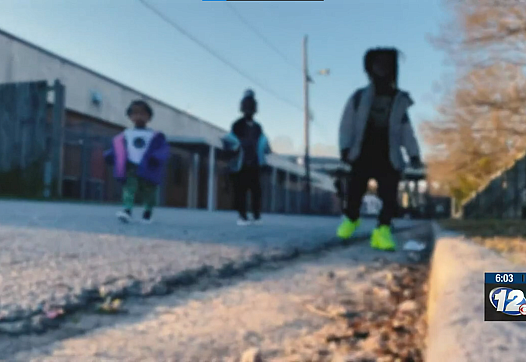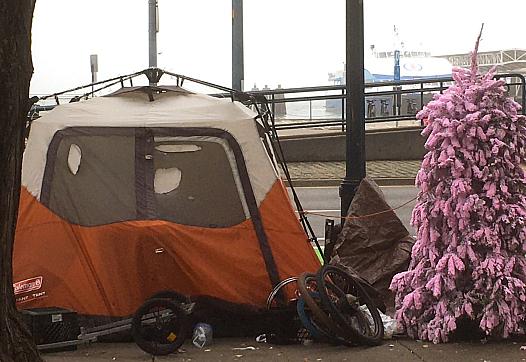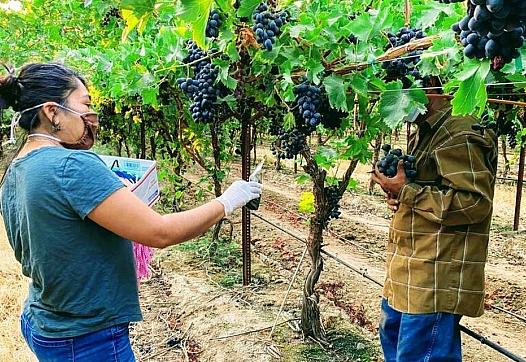
Masala Heroes is a three-part series on Santa Clara County’s South Asian (Desi) grocery stores and their contribution to their community’s health.

Masala Heroes is a three-part series on Santa Clara County’s South Asian (Desi) grocery stores and their contribution to their community’s health.

Is the government serious about attacking super-high drug prices by paying only for those with proven benefit for patients? The Aduhelm decision will be a critical tell.

They are the youngest victims of the homeless crisis in Augusta. Young, helpless faces that are tired, weary, and in need of rest, shelter, and food. And in need of an education.
Trees mean more to us than simply the sum of their biological value. Each of us has individual trees that have been meaningful in our lives.

We should know in a few months how many people are living on our streets, but that’s just a start.

In 2021, Arkansas Democrat-Gazette reporter Stephen Simpson won a grant from the University of Southern California’s Center for Health Journalism to work on a series about health disparities in the Arkansas Delta.

While the success of South Asians in the Silicon Valley tech sector gets a lot of ink, not much is written or known about the spouses of these tech workers who come on dependent visas. Two journalists set out to change that.

Three of my relatives, all Mixteco farmworkers in California, died of COVID-19 last year. As we mourn, we wonder if diabetes played a role in their deaths.

El número de niños que cruza la frontera sur está aumentando otra vez. El Condado de Prince George los ayuda a sobrellevar la situación y a aprender

The state is on the cusp of becoming the first to offer all residents health care coverage, regardless of their immigration status.